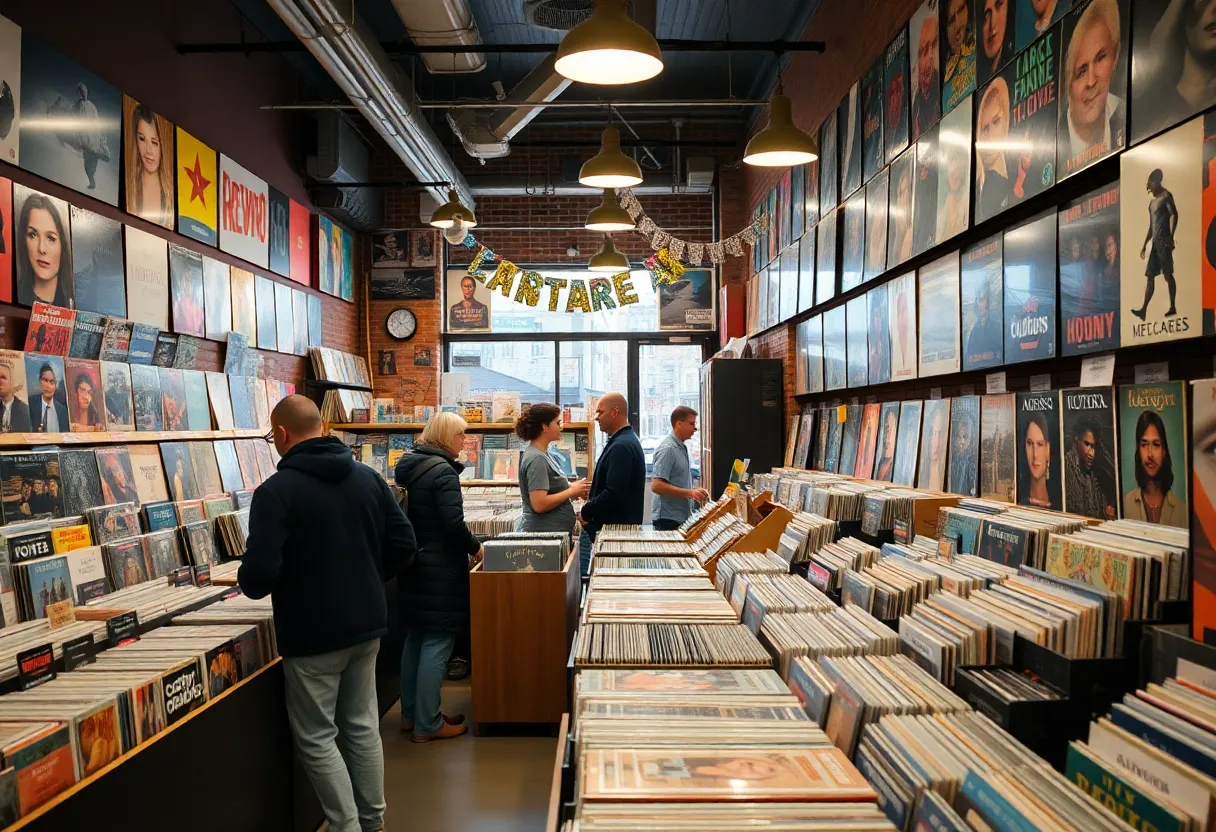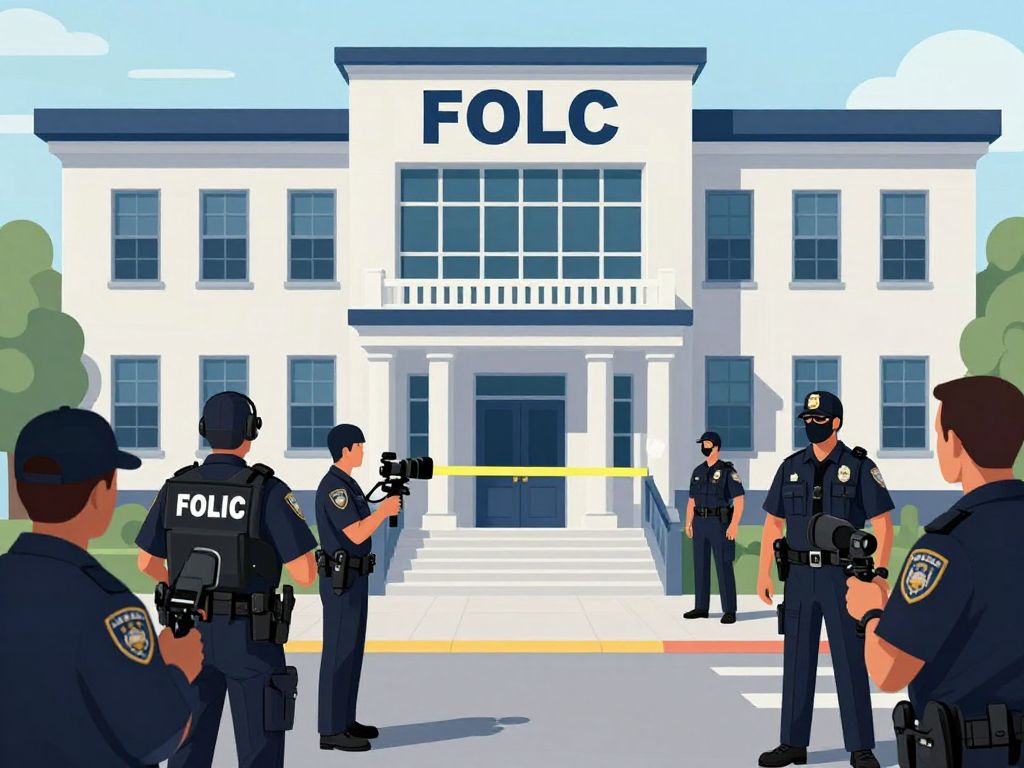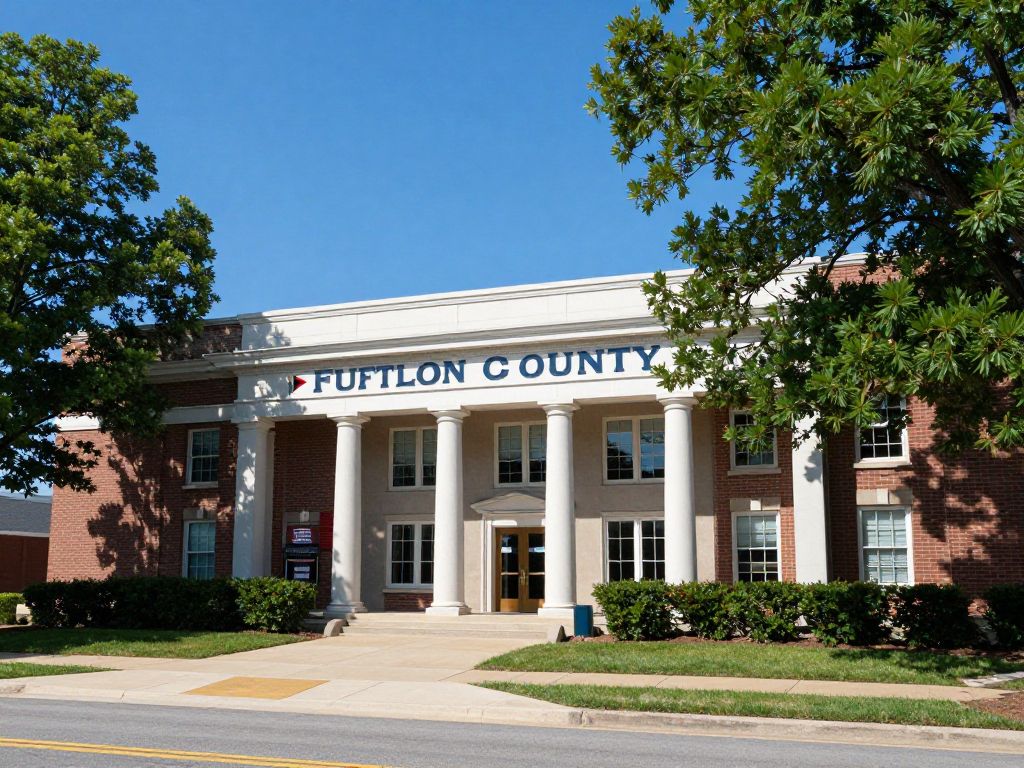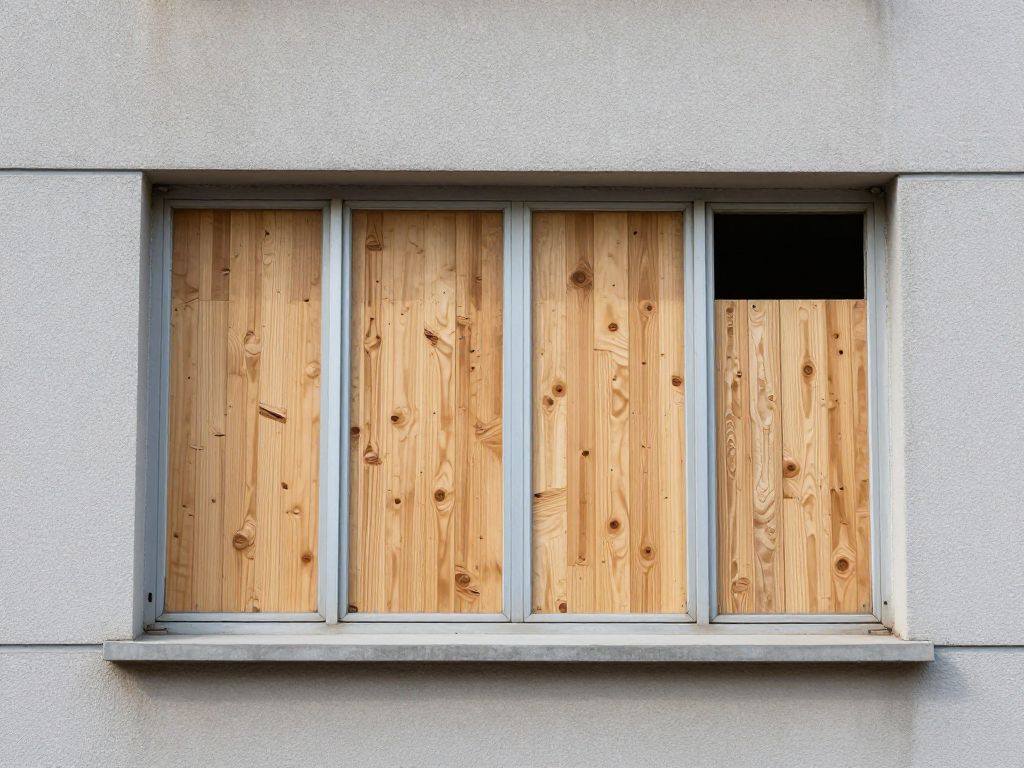News Summary
Vinyl record prices are surging in Atlanta as the format gains popularity, surpassing CDs. Artists face production delays and increased costs, affecting their plans. Smaller bands are particularly impacted as larger releases take precedence, creating challenges within the evolving music marketplace.
Atlanta Vinyl Record Prices Surge Amidst Resurgence in Popularity and Supply Challenges
The cost of vinyl records is skyrocketing, solidifying their position as the most popular physical music format in the U.S., surpassing CDs and tape cassettes, according to the Recording Industry Association of America. This surge in vinyl’s popularity corresponds with a host of challenges that affect both production and pricing.
Artists and bands are feeling the impact of rising costs and delays. Nikki Speake, the lead singer of the Atlanta-based band Nikki and the Phantom Callers, recently faced long waits for their vinyl records pressed overseas. While they initially worried that new tariff rates would inflate the price of their shipment, they later learned that they were exempt from such increases due to the Berman Amendment, which excludes “informational material,” like music, from tariffs. However, the band still encountered difficulties stemming from the overall increase in demand for vinyl records.
The heightened interest in vinyl has led to rising costs for both bands and music stores, compounded by supply challenges faced by some record producers. Artists commonly schedule concert dates around their record releases, but uncertainty regarding product availability has disrupted plans for Speake’s band. This situation is particularly problematic for smaller bands, which often find their releases delayed as production priorities shift toward larger artists.
Michael Bentley, who is affiliated with Speake’s music label, indicated that smaller records often face delays caused by the prioritization of significant releases, such as those from famous artists like Paul McCartney. This reshuffling in production timelines negatively affects the availability of music for emerging artists and ultimately hinders their ability to promote their work through performances.
The soaring demand for vinyl has also led some record pressing companies to raise their prices, placing additional financial strain on music retailers. Tobago Benito, the owner of DBS Sounds in Riverdale, noted an increase in both prices and new customers eager to explore vinyl collections. Despite the uptick in interest, recent price hikes over the past six months to a year have frustrated many collectors and casual listeners alike.
Moreover, black-owned record stores have experienced disproportionate challenges in this tightening market. Over the last three decades, the number of these stores has declined dramatically, from around 400-500 to approximately 65 today. The challenges they face are exacerbated by supply constraints and competitive pressures from larger retailers and modern streaming services.
In response to these difficulties, record stores like DBS Sounds have intensified efforts to foster community engagement and maintain customer interest. The store has begun hosting community events and artist-related activities to keep the local music scene vibrant and connected.
The ongoing resurgence of vinyl represents a paradox; while it enjoys renewed popularity among music lovers, brick-and-mortar shops struggle against the competition presented by extensive retailers and digital streaming platforms. As vinyl records continue to captivate consumers, the associated challenges of pricing and supply indicate that the road ahead may be complex for both artists and retailers within this evolving marketplace.
Deeper Dive: News & Info About This Topic
HERE Resources
Additional Resources
- WOWT News
- Wikipedia: Vinyl Record
- Atlanta News First
- Google Search: Vinyl Record Trends
- Rough Draft Atlanta
- Google Scholar: Vinyl Record Market
- Atlanta News First Video
- Encyclopedia Britannica: Vinyl Records
- Axios Atlanta
- Google News: Vinyl Records News

Author: STAFF HERE ATLANTA WRITER
The ATLANTA STAFF WRITER represents the experienced team at HEREAtlanta.com, your go-to source for actionable local news and information in Atlanta, Fulton County, and beyond. Specializing in "news you can use," we cover essential topics like product reviews for personal and business needs, local business directories, politics, real estate trends, neighborhood insights, and state news affecting the area—with deep expertise drawn from years of dedicated reporting and strong community input, including local press releases and business updates. We deliver top reporting on high-value events such as vibrant music festivals like Shaky Knees and Music Midtown, major cultural celebrations including Dragon Con and the Atlanta Film Festival, and iconic sporting events like the Peachtree Road Race. Our coverage extends to key organizations like the Metro Atlanta Chamber of Commerce and the Atlanta Convention & Visitors Bureau, plus leading businesses in logistics, beverages, and retail that power the local economy such as Delta Air Lines, The Coca-Cola Company, and The Home Depot. As part of the broader HERE network, including HEREAugusta.com and HERESavannah.com, we provide comprehensive, credible insights into Georgia's dynamic landscape.





